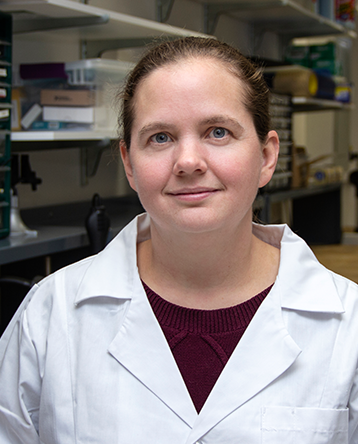Seminar
Automatically Supervised Learning: Two more steps on a long journey
Abstract: I will talk about two recent pieces of work that attempt to move towards learning with less reliance on labeled data. In the first, part, I will talk about how the surrogate task of predicting the motion of objects can induce complex representations in neural networks without any labeled data. In the second part of [...]
Geometric Deep Learning for Perceiving and Modeling Humans
Abstract: Perceiving and modeling shape and appearance of the human body from single images is a severely under-constrained problem that not only requires large volumes of data, but also prior knowledge. In this talk I will present recent solutions on how deep learning can leverage on geometric reasoning to address tasks like 3D estimation of [...]
Human-Level Learning of Driving Primitives through Bayesian Nonparametric Statistics
Abstract: Understanding and imitating human driver behavior has benefited for autonomous driving in terms of perception, control, and decision-making. However, the complexity of multi-vehicle interaction behavior is far messier than human beings can cope with because of the limited prior knowledge and capability of dealing with high-dimensional and large-scale sequential data. In this talk, I [...]
Formalizing Teamwork in Human-Robot Interaction
Abstract: Robots out in the world today work for people but not with people. Before robots can work closely with ordinary people as part of a human-robot team in a home or office setting, robots need the ability to acquire a new mix of functional and social skills. Working with people requires a shared understanding [...]
Knowledge Transfer Graph for Deep Collaborative Learning
Abstract: In this talk I will present our latest research about knowledge transfer graph for Deep Collaborative Learning (DCL), which is a method that incorporates Knowledge Distillation and Deep Mutual Learning. DCL is represented by a directional graph where each model is represented by a node, and the propagation of knowledge from the source node to the [...]
AI in Space – From Earth Orbit to Mars and Beyond!
Abstract: Artificial Intelligence is playing an increasing role in our everyday lives and the business marketplace. This trend extends to the space sector, where AI has already shown considerable success and has the potential to revolutionize almost every aspect of space exploration. We first highlight a number of success stories of the tremendous impact of [...]
Microsystems-inspired robotics
Abstract: The ability to manufacture micro-scale sensors and actuators has inspired the robotics community for over 30 years. There have been huge success stories; MEMS inertial sensors have enabled an entire market of low-cost, small UAVs. However, the promise of ant-scale robots has largely failed. Ants can move high speeds on surfaces from picnic tables [...]
Carnegie Mellon University
Self-Supervised Learning on Mobile Robots Using Acoustics, Vibration, and Visual Models to Build Rich Semantic Terrain Maps
Abstract: Humans and robots would benefit from having rich semantic maps of the terrain in which they operate. Mobile robots equipped with sensors and perception software could build such maps as they navigate through a new environment. This information could then be used by humans or robots for better localization and path planning, as well [...]
Robotic Grippers for Planetary Applications
Abstract: The previous generation of NASA missions to the outer solar system discovered salt water oceans on Europa and Enceladus, each with more liquid water than Earth – compelling targets to look for extraterrestrial life. Closer to home, JAXA and NASA have imaged sky-light entrances to lava tube caves on the Moon more than 100 [...]
Some New Designs of Convolutional and Recurrent Networks
Abstract: Convolutional networks (CNNs) and recurrent networks have driven the great engineering success of deep learning in recent years. However, as academics, we still wonder whether they are indeed the ultimate models of choice. Especially, CNNs seem unable to characterize predictive uncertainty, and they are highly dependent on small filters on small, rectangular neighborhoods. On [...]









